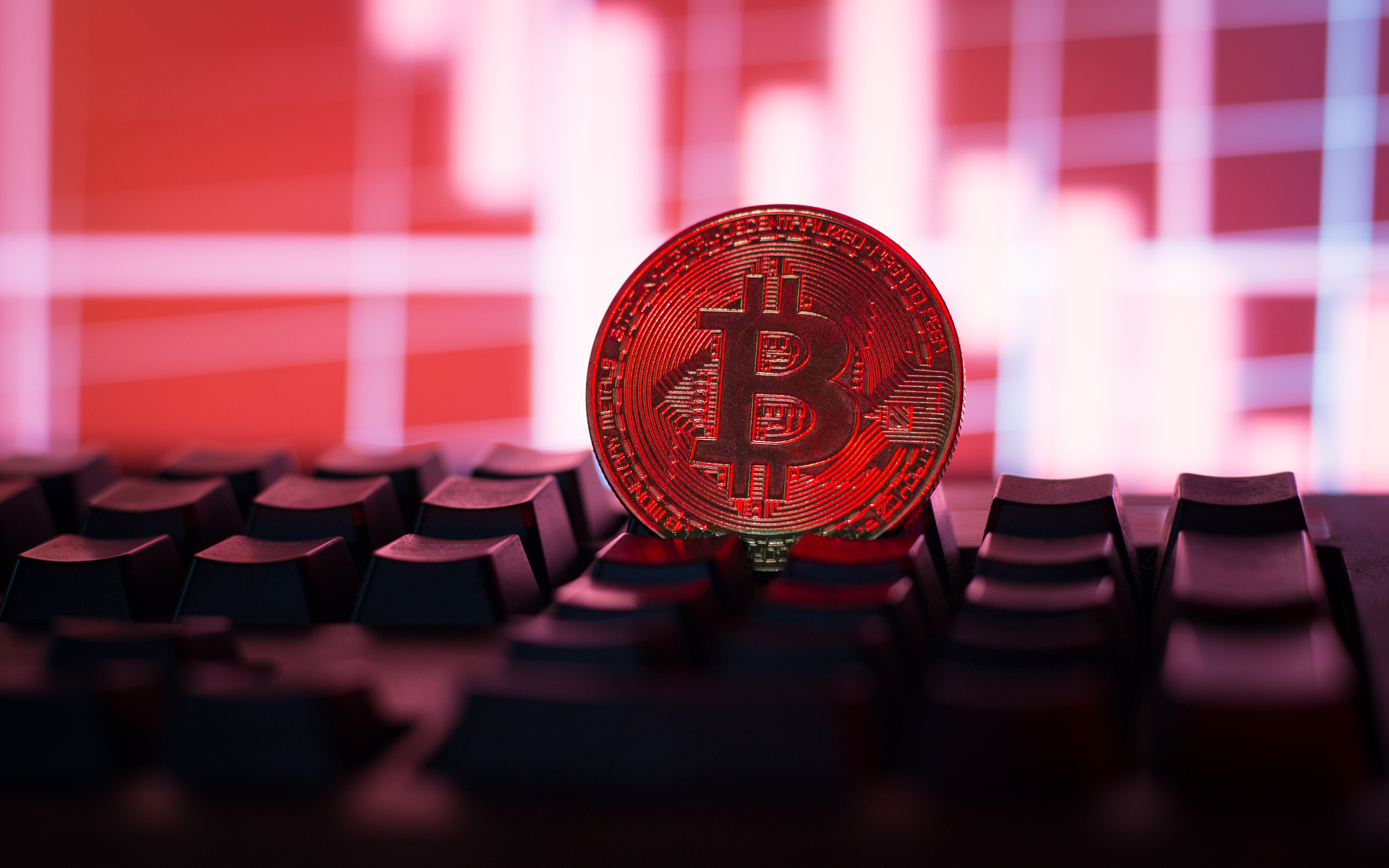As Moody’s Downgrades U.S., Bitcoin Signals Investor Confidence
18.05.2025 18:00 2 min. read Alexander Stefanov
In a historic move, Moody’s has downgraded the United States’ long-term credit rating from Aaa to Aa1, citing ballooning deficits, growing interest burdens, and a failure to implement fiscal reforms.
This marks the first time the nation has lost its final top-tier credit rating from the major agencies, following earlier downgrades by S&P in 2011 and Fitch in 2023.
The agency warned that without meaningful policy changes, federal deficits could soar to 9% of GDP by 2035—up from 6.4% in 2024—as interest payments eat into a larger share of government spending. While Moody’s maintained a “stable” outlook due to the dollar’s global role and the depth of U.S. financial markets, the downgrade signals eroding confidence in Washington’s fiscal trajectory.
Market reaction was muted, with Treasury yields ticking higher but equities largely stable. However, analysts note that the symbolic weight of this downgrade could affect long-term perceptions of U.S. debt as a “risk-free” asset.
Amid the shake-up, Bitcoin continued trading firmly above $100,000, reflecting what many now see as its evolving role as a hedge against sovereign credit risk. As of press time, BTC hovered near $103,600, posting modest gains despite wider altcoin volatility.
Bitcoin’s resilience, particularly during sovereign credit disruptions, echoes its performance during Fitch’s downgrade last year. Once viewed primarily as a speculative asset, the cryptocurrency is increasingly behaving like a macro hedge—drawing comparisons to gold and other defensive allocations.
The downgrade has further fueled the narrative that decentralized assets, untied to government liabilities, are becoming legitimate alternatives in a world where even the most trusted sovereign credit can falter.
-
1
Second Largest Bank in Spain Rolls out in-app Bitcoin and Ethereum Trading
07.07.2025 15:30 2 min. read -
2
10,000 Dormant Bitcoin Moved After 14 Years: Volatility Ahead?
04.07.2025 20:00 2 min. read -
3
UniCredit to Launch Structured Product Tied to BlackRock’s Spot Bitcoin ETF
01.07.2025 17:53 1 min. read -
4
Saylor’s Strategy Halts Bitcoin Buying After Historic Accumulation
07.07.2025 17:00 2 min. read -
5
Trump’s Two big Bitcoin Moves: Key Catalysts or Just Noise for BTC Price?
08.07.2025 7:30 2 min. read
Bitcoin Open Interest Hits $42B as Funding Rates Signal Bullish Overextension
Bitcoin’s derivatives market is heating up, with open interest climbing back to $42 billion while funding rates continue to surge.
Tim Draper Predicts Bitcoin Will Replace U.S. Dollar
Tim Draper isn’t just betting on Bitcoin—he’s forecasting the death of the U.S. dollar.
UK to Sell Almost $7B in Seized Bitcoin as Treasury Eyes Crypto Boost
The United Kingdom’s Home Office is preparing to liquidate a massive cache of seized cryptocurrency—at least $7 billion worth of Bitcoin—according to a new report by The Telegraph.
Crypto’s Top Narratives in Focus, According to AI
A fresh breakdown from CoinMarketCap’s AI-powered narrative tracker reveals the four most influential crypto trends currently shaping the market: BTCFi & DePIN, U.S. regulatory breakthroughs, AI agent economies, and real-world asset (RWA) tokenization.
-
1
Second Largest Bank in Spain Rolls out in-app Bitcoin and Ethereum Trading
07.07.2025 15:30 2 min. read -
2
10,000 Dormant Bitcoin Moved After 14 Years: Volatility Ahead?
04.07.2025 20:00 2 min. read -
3
UniCredit to Launch Structured Product Tied to BlackRock’s Spot Bitcoin ETF
01.07.2025 17:53 1 min. read -
4
Saylor’s Strategy Halts Bitcoin Buying After Historic Accumulation
07.07.2025 17:00 2 min. read -
5
Trump’s Two big Bitcoin Moves: Key Catalysts or Just Noise for BTC Price?
08.07.2025 7:30 2 min. read


